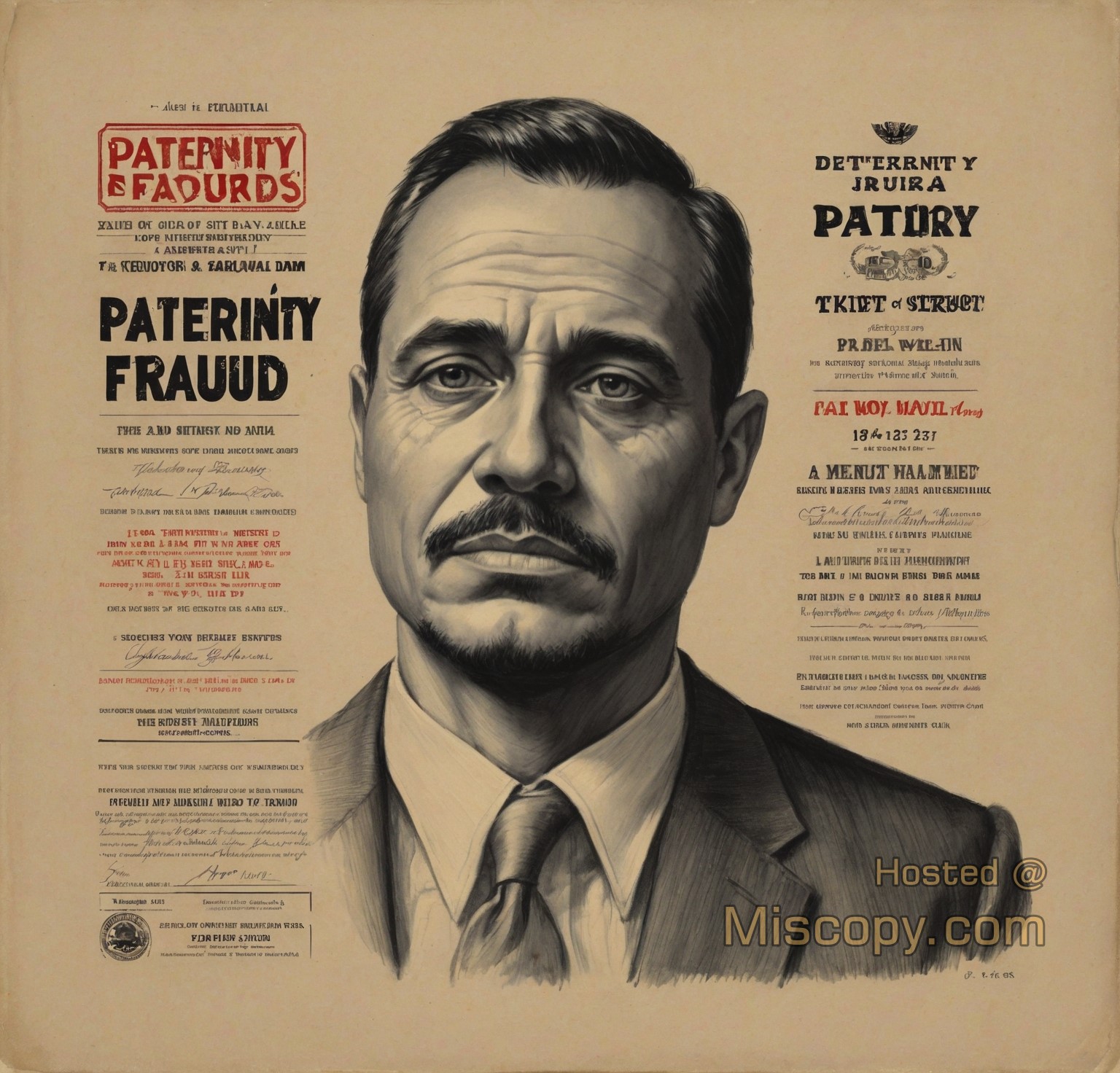The concept of parental fraud and paternal uncertainty has long been shrouded in societal taboos and misconceptions. Despite popular narratives often portraying infidelity and parental deceit as predominantly male behaviors, a closer examination reveals a more complex reality. Studies have shown that a significant percentage of men unknowingly raise children who are not biologically theirs, highlighting the prevalence of paternal fraud. Moreover, discussions on hypergamy, the practice of marrying into a higher social class or caste, shed light on the dynamics of mate selection and its implications for familial relationships. This essay aims to delve into the often-overlooked aspects of paternity fraud and hypergamy, challenging mainstream perceptions and exploring their broader societal implications.
The Reality of Parental Fraud:
The study by Bellis and Baker in 1990 provided one of the earliest insights into the prevalence of paternity fraud. Their findings suggested that between 5 to 30 percent of men who believed they were biological fathers were, in fact, not genetically related to their children. Subsequent advancements in DNA testing have further corroborated these findings, revealing the extent of paternal uncertainty in contemporary society. Despite the taboo surrounding the topic, acknowledging the reality of parental fraud is crucial for understanding its impact on individuals and families.
The implications of paternity fraud extend beyond individual relationships, affecting familial dynamics and societal norms. Betrayal, mistrust, and psychological distress are common consequences experienced by individuals who discover they have been deceived about their child’s paternity. Moreover, children born from such situations may also grapple with identity issues and feelings of alienation upon learning the truth about their parentage. Addressing parental fraud requires a shift towards open communication and ethical considerations in intimate relationships, emphasizing the importance of honesty and transparency.
Hypergamy: Unveiling Gender Dynamics in Mate Selection:
In addition to parental fraud, discussions on hypergamy shed light on gender dynamics in mate selection. Hypergamy refers to the practice of seeking a mate of higher social status, often associated with women marrying up the social ladder. While traditional gender norms may perpetuate the stereotype of men as the primary beneficiaries of hypergamy, contemporary research challenges this notion, revealing the nuanced nature of mate preferences among both men and women.
Studies have shown that hypergamy is not exclusive to either gender and is influenced by various factors, including socio-economic status, cultural norms, and individual preferences. Women may seek partners who offer stability, security, and social status, while men may prioritize physical attractiveness, youthfulness, and fertility in their mates. The prevalence of hypergamy underscores the complexity of human mating behavior and its intersection with societal structures and gender roles.
Challenging Misconceptions and Promoting Understanding:
The discourse surrounding parental fraud and hypergamy highlights the need to challenge misconceptions and promote a more nuanced understanding of intimate relationships. Rather than perpetuating stereotypes or assigning blame based on gender, it is essential to recognize the diverse experiences and motivations that shape individuals’ behaviors and decisions.
Addressing parental fraud requires greater awareness of the ethical implications of deceit in intimate relationships, as well as access to resources for paternity testing and support for affected individuals and families. Similarly, discussions on hypergamy should acknowledge the multidimensional nature of mate preferences and the influence of socio-cultural factors on partner selection.
Conclusion:
Parental fraud and hypergamy represent complex phenomena that defy simplistic explanations or gender-based stereotypes. By exploring the realities of paternal uncertainty and the dynamics of mate selection, we can gain a deeper understanding of the complexities inherent in intimate relationships and familial dynamics. Promoting transparency, honesty, and ethical considerations in personal relationships is essential for fostering trust and mutual respect, ultimately contributing to healthier and more fulfilling partnerships and families.





Leave a Reply